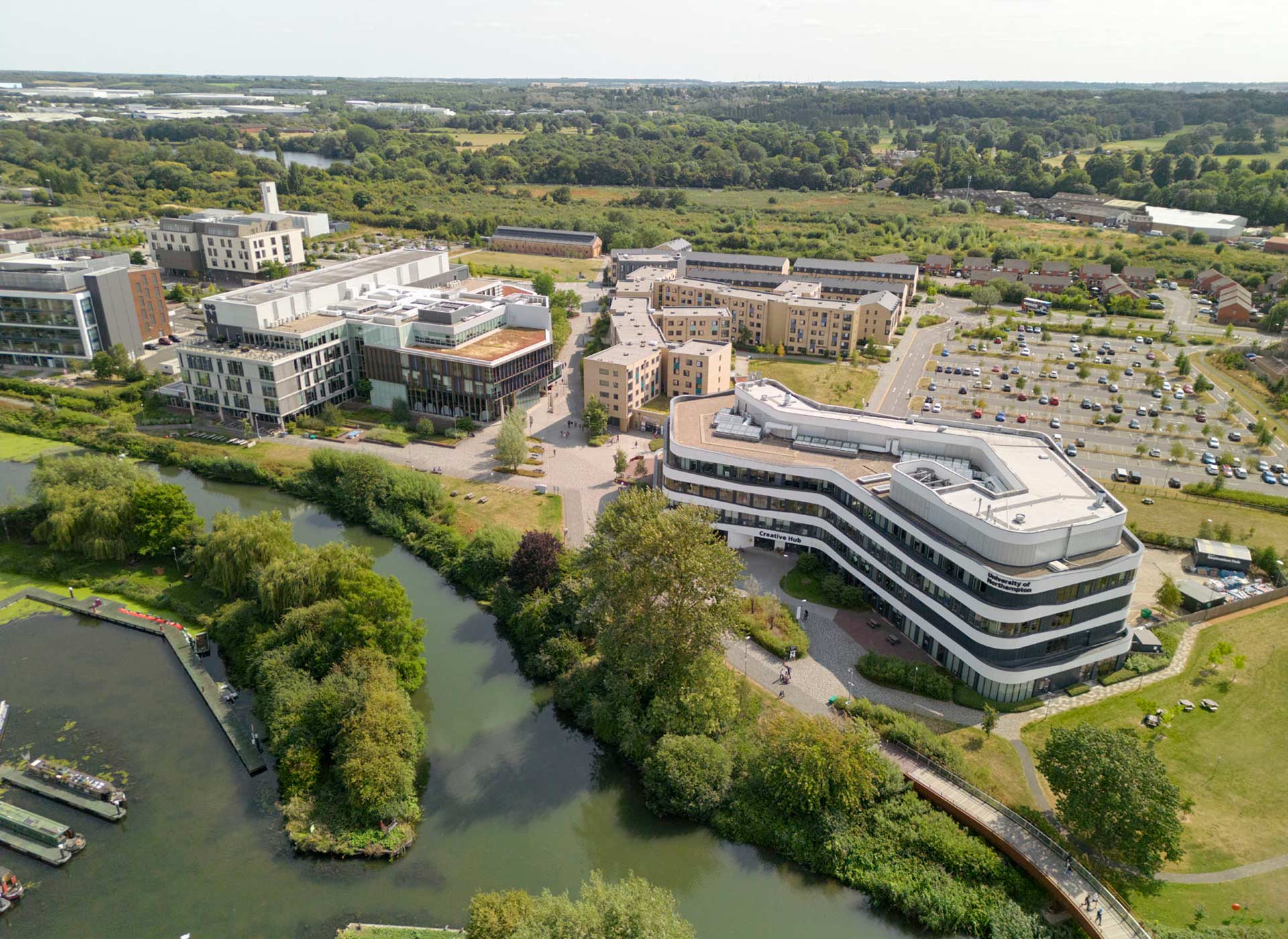An Eclectic Assortment of Historical Papers
Date 17 October 2023
17.10.2023Events organised by the Centre for Historical Studies have proved immensely valuable and wide-ranging for PhD candiate Ruth Barton.

In my capacity as a PhD student at the University of Northampton, I have attended two of the events organised by the Centre for Historical Studies – the Wellbeing Workshop in April and the two-day Annual Conference in July. The workshop was an interesting mix of papers presented by both historians and representatives from the heritage sector with a focus on Wellbeing: Past and Present. Set in the stunning Mansion House at Wrest Park in Bedfordshire, the workshop’s agenda covered various aspects of wellbeing, with the first presentation, given by Tamsin Greaves of Nottingham Trent University. Tamsin runs Art Power at Mansfield Museum in Nottinghamshire, a scheme which enables vulnerable women to engage with art through workshops facilitated by art therapists, and she described the ways in which art helps build confidence and forge friendships for the women who are referred to the project.
The second paper, presented by Jemima Hubberstey of the University of Oxford, explored the concept of eighteenth-century wellbeing. Discussing how the house and gardens at Wrest Park provided a locus for a literary coterie; Jemima also demonstrated the significance of the garden in providing a space for artistic and intellectual freedom.
After lunch, my fellow delegates and I were given the opportunity to experience the benefits of the garden when we were offered a guided tour by Andrew Hann of English Heritage. The timing of the tour was perfect, as it allowed us to stretch our legs, get to know our fellow delegates and also enjoy some of the Spring sunshine before returning to the house refreshed and ready to hear the third paper of the day given by Ruby Rutter of the University of Manchester. Ruby discussed elite women and the eighteenth-century country house, paying particular attention to Sabine Winn of Nostell Priory, Yorkshire and the domestic and emotional challenges that she had faced whilst living there.
The fourth session was a pre-recorded presentation from Kirsty McCarrison of English Heritage who highlighted the projects that her organisation was introducing in order to encourage young people to engage more with the heritage sector. She was then followed by her colleague Chania Fox, who went into further detail about the different schemes that English Heritage are introducing at Down House, Charles Darwin’s residence in Kent, to encourage more younger people to take an active interest in history and heritage.
The final session of the workshop saw actor Stewart McGrath, along with three unsuspecting volunteers (me included), deliver a light-hearted look at how health and wellbeing had been viewed and discussed over the last 100 years or so.
The workshop provided the delegates with a fascinating insight into the historical significance of wellbeing whilst also highlighting how just crucial it is for heritage organisations to consider it today when planning their projects. It also, however, gave us an opportunity just to share ideas and make connections with people from different sectors in an informal and friendly environment before the conference took place later on in the year.
The annual conference of the Centre for Historical Studies held in July had the same wide brief as the workshop, Wellbeing: Past and Present. And just like the workshop, it too, encouraged a wonderfully, eclectic assortment of papers delivered by a variety of different presenters that included Academics, Archivists, Postgraduate Researchers and members of the heritage sector including Northampton Museum and Art Gallery, Friends of Kettering Art Gallery and Museum and Abington Library and Archive. The two-day event, hosted at the University of Northampton’s Waterside Campus, had been expertly organised into six main themes, within which there were three or four different presentations. Day one covered Heritage and Archives, War and the Military and Gardens and Outdoor Space whilst day two looked at Medicine and Philosophy, Therapy and Mindfulness and Family and Community and despite the seemingly diverse nature of the topics they all considered or explored the concept of historical or current wellbeing. There were twenty fascinating presentations in total over the duration of the conference so, unfortunately, far too many to detail individually here but the breadth of research and work going into wellbeing is quite astonishing.
For me, I took so much away from both events. Indeed, it was my first in-person conference as a PhD student because the pandemic had precluded me from attending any since I began in March 2020, so it was an invaluable and enjoyable learning experience. They both also provided me with an opportunity to connect with people whose areas of interest are similar to my own and I certainly took on board ideas, from both events, that I will be able to use in my own research. They were both, also, well organised with much consideration given to the brief which facilitated broad, yet relevant discussions surrounding the concept of wellbeing.
